If you’re new to crypto trading (or even if you’ve been around for a while), one of the most common questions is:
“Should I be spot trading or trading futures with leverage?”
The truth is — both trading styles have their place in a trader’s toolkit.
But they’re built for completely different strategies, risk profiles, and skill levels.
In this blog post, we’ll break down:
- What spot trading is
- What futures leverage trading is
- The pros and cons of both
- And when it makes sense to use each one
Let’s dive in.
🟢 What is Spot Trading?
Spot trading is the simplest and most beginner-friendly form of crypto trading.
It means buying or selling an asset (like Bitcoin or Ethereum) at its current market price — and owning it directly.
If you buy 1 BTC on the spot market — you own 1 BTC.
This is commonly done on exchanges like Crypto.com, Coinbase, or Gemini.
✅ Pros of Spot Trading:
- Easy to understand — perfect for beginners
- No risk of liquidation (because you own the asset outright)
- Suitable for long-term investing or dollar-cost averaging (DCA)
- Less stressful — no leverage involved
- Allows for full custody if you withdraw to a wallet
❌ Cons of Spot Trading:
- No leverage = smaller potential gains in short timeframes
- Tied to market direction — you only profit if price goes up
- Lower flexibility compared to futures strategies
- Requires more capital to make larger gains
🔴 What is Futures Leverage Trading?
Futures trading allows you to trade contracts that represent an asset — without owning the actual coin.
You can long (bet price goes up) or short (bet price goes down) — and use leverage to increase your position size.
For example:
With 10x leverage, a $1,000 margin can control a $10,000 position.
This is commonly done on platforms like Blofin (works in the US), Bitget, and others. There are lots of restrictions in the US, there are many more exchanges that offer futures outside of the U.S.
✅ Pros of Futures Trading:
- Ability to profit in both bullish & bearish markets
- Use leverage to magnify gains (even on small moves)
- Access to advanced trading tools (hedging, stop losses, trailing stops)
- Great for short-term trading and day trading strategies
- Ideal for scalping or swing trading volatility
❌ Cons of Futures Trading:
- Increased risk — leverage cuts both ways
- Liquidation risk — if price moves against your position too far
- Requires proper risk management and stop losses
- Not beginner-friendly — can lead to quick losses if untrained
- Fees and funding rates may apply
📈 So Which Should You Trade?
| Spot Trading | Futures Trading |
|---|---|
| Best for long-term investing | Best for short-term trading |
| No liquidation risk | Liquidation risk with leverage |
| Slower gains — lower risk | Faster gains — higher risk |
| Simple & beginner-friendly | Advanced & requires skill |
| Profits only in bull markets | Profit in both bull & bear markets |
🧠 My Advice for Traders:
If you’re a beginner:
→ Start with spot trading. Focus on learning market structure, how price moves, and risk management.
If you’re intermediate or advanced:
→ Use futures trading with strict rules, low leverage (1x–5x), and well-defined setups.
Remember:
Leverage is a tool — but it’s also a weapon that cuts both ways.
🚀 Want to Learn How to Trade Crypto Like a Pro?
Inside the EPIQ Trading Floor, we teach both:
- Our exact spot trading strategies for building wealth long-term
- Our highly-effective futures trading system with over 85% win rate
When you join EPIQ, you’ll get:
✅ Real-time trade alerts with entries, take profits, and stop losses
✅ Access to our volume-based strategy designed for crypto, forex, and stocks
✅ Live calls every Tuesday & Thursday
✅ Full trading academy for spot, futures, leverage, and risk management
✅ A private trading community crushing it together daily
🎯 Start your 3-day free trial now → epiqtradingfloor.com
Trade smarter. Manage risk like a pro. Build long-term wealth in crypto.
⚠️ Disclaimer:
This content is for educational purposes only and does not constitute financial advice. Cryptocurrency trading involves risk. Always do your own research before making trading decisions.


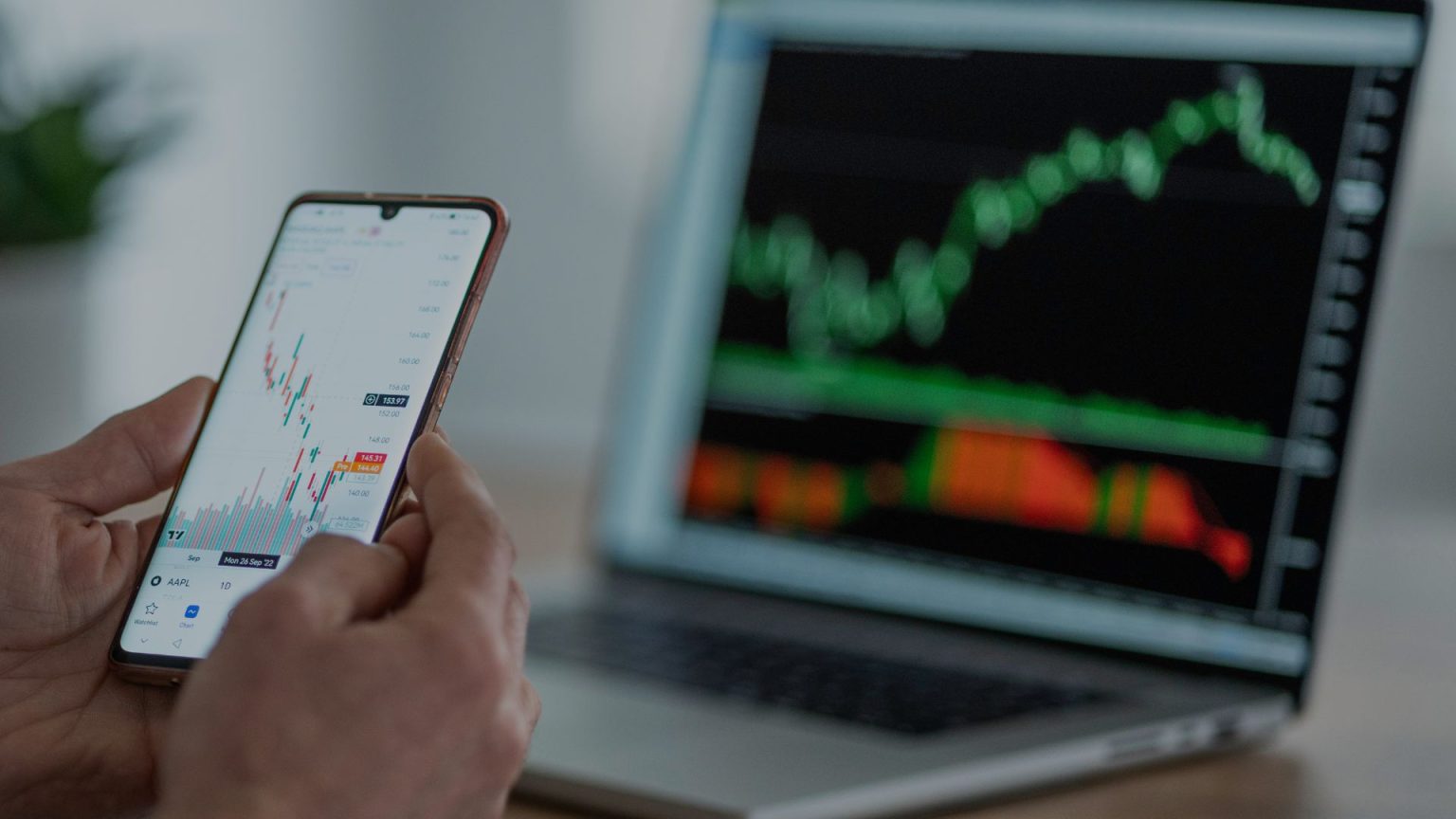
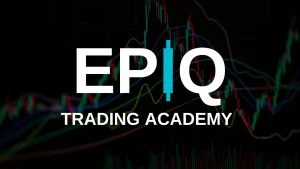
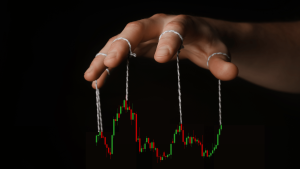
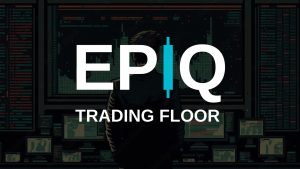

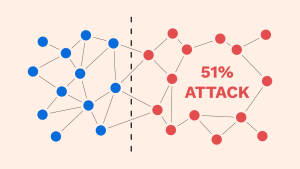
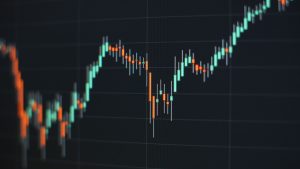
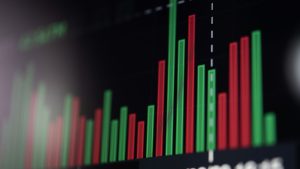
Responses